|
Hello once again from 53.5° north latitude. It is post-Sunday supper as I write this, and it is a chilly and misty evening. A week past labor day and it feels like Halloween. But alas, the weather can only bring us down if we choose to let it. There was lots of good stuff this week, so let's dive in. Your Daily Dose of Cynicism: Let's start off with quote from a person with a decidedly cynical view on people. The cashier at a local liquor store said that if I didn't need a bag that would be good because "these bags hold up like most people's promises". I spontaneously laughed and immediately thought I should write it down, but after I did, I felt sorry for the cashier If that is his outlook on life. I am certainly a glass-half-empty person, and have often said that sometimes it feels like my glass broke last week. However, I work hard on being as positive as possible and that conscious effort takes a lot of work. I see in him a bit of who I was not so many years ago, and I know how living with a negative outlook makes life so much harder.  Reading Pile: I regained some of my reading momentum in the last week, which makes me feel quite good. I had to jettison a couple books because I just didn't feel compelled when I picked them up. I will invariably try to read them again in the future, but for now, I had to move on. My week was spent reading a good portion of "Homo Deus" by Yuval Noah Harari. I am finding Homo Deus to be similar in style to "Sapiens", also by Harari, in that it is informative, thought-provoking, and incredibly accessible. The commentary about the treatment of animals stemming from our dominant monotheistic religions has really made me think about religion and even our contemporary humanism. Even his minor thought experiment and context-setting-aside about suburban lawns was thought-provoking enough for me to put the book down and think for a while. To me, that is the sign of a great book. The premise of the book is about what humans will become based on our technology and outlook as of 2016. At the end of the second chapter, Harari talks about how we are becoming more reflective about the fate of the animals around us potentially because we are about to be left behind by the next evolution in humanity. We are suddenly showing unprecedented interest in the fate of so-called lower life forms, perhaps because we are about to become one. If and when computer programs attain superhuman intelligence and unprecedented power, should we begin valuing these programs more than we value humans? Would it be okay, for example, for an artificial intelligence to exploit humans and even kill them to further its own needs and desires? if it should never be allowed to do that, despite it superior intelligence and power, why is it ethical for humans to exploit and kill pigs? 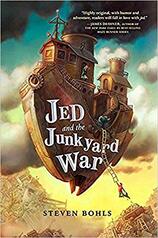 Also this week, I finished "Jed and the Junkyard War" with my younger daughter. I picked up a copy at the local library and noted with chagrin that it was published by Disney (technically Disney Hyperion, whoever they are). I was concerned that the book would be overly commercial and saccharine, but it was definitely not that. It was good enough for me to recommend it to you, and good enough for us to look forward to diving in to the sequel. The Marvel Cinematic Universe is not Worth the Effort: There I said it. I have now watched Endgame, and 20 other MCU movies. The only missing one is Captain Marvel, but I don't think I missed too much of the overall plot by skipping that one. I think with the investment of time it took to watch all of those movies, and in a few cases rewatch (because apparently you have to watch them in order and no one told me that until like 2014), plus all the time I spent reading plot summaries to figure out what the hell I missed from movie to movie, I feel confident that I am entitled to the opinion that I wasted my time. I applaud the effort and moxie it took to pull all those story lines together, not to mention all of those talented actors, directors, and writers. But really, in the end, why? Cynically of course, one can point to the money. According to the IMDB link above, Endgame cost $356 million to make, but made all of that back in the first weekend in the US alone, and then went on to rake in nearly $2,8 billion since release. But that is why the studio made the movie, not why anyone should watch it. Is it worth 50+ hours of your time, and $125 of your money, assuming you rent each movie online? I don't think it was. It was overly complicated and could really only be understood if you fully immersed yourself in it. There were a few funny scenes, and a few scenes that were even moving, but overall I just didn't feel ... satisfied. I didn't feel like cheering the heroes or lamenting the fallen. At the end, it was just ... over. And thankfully at that. MCU, RIP. Crosswords: My wife thinks it is cheating to look up something in order to solve a crossword puzzle. I have a different viewpoint. I agree that looking up specific clues just to get the answer does seem a little off-putting, However, looking up "1925 trial name" and then finding out about the Scopes trial in Tennessee is different, at least in my mind. In the former case, all the search does is give one an answer without the requisite knowledge. In the latter, I can now say I understand how it was illegal to teach evolution in state-funded schools at that time in Tennessee, and how the trial was really about modernists versus fundamentalists. As the Wikipedia article liked to above notes, it was "a theological contest and a trial on whether modern science should be taught in schools". So yeah, totally not cheating. New Beers: Two new beers this week. First was the Common Crown Ploughman Hopped Wheat Ale. This was a decent beer from a quality brewer. Second was the Sea Change Irish Red Ale, which is a hazy, malty brew with a higher punch than one might think for a 5.0% ABV. That is a similar comment to what I said for Sea Change's Session Ale a couple weeks ago. I'll have to investigate further if there is something in their malt or yeast that I am consistently picking up on. The only badge this week from Untapped was The Great White North (Level 86). New Words:
The new words picked up this week as a direct result of reading Harari's book. Plus there was at least one that was checked just to make sure, and one repeat. treatise [ˈtrēdis] NOUN
osteria [ästəˈrēə] NOUN
opprobrium [əˈprōbrēəm] NOUN
congeries [ˈkänjərēz] NOUN
caravel [ˈkerəvel] NOUN historical
spandrel [ˈspandrəl] NOUN architecture
brocade [brəˈkād] NOUN
quartan [ˈkwôrtn] ADJECTIVE medicine
descry [dəˈskrī] VERB literary
0 Comments
Hello from 53.5° north. It was another amazingly intense week, with meetings, deliverables, and reviews conspiring to consume the days faster than I care to acknowledge as we approach the launch of our new system in November. The work is good, maybe even great to be honest, and the support I get from the organization is amazing. It's just the sheer intensity of the hours that leaves me spent by the end of the day each Friday. But as I am fond of saying, if the worst thing that happens to me any day is that I have too much work, it is still a pretty good day. Family Reunion: We spent most of the weekend at a family reunion. The common ancestors were my wife's mother's father's parents, so my daughter's great-great-grandparents. It wasn't a huge amount of people, 60 maybe, but it was a good time. We went to Vermilion, which I was the only one of our family that had ever been there. On the way home, we stopped to see the pysanka in Vegreville, and the ... sausage ... in Mundare. It was good to connect with a bunch of family, and it resparked a lifelong interest in genealogy. And we got to see ... the sausage. (I mean, seriously, what is up with that? ) Plus, we got some seriously good Lobby Waffles at the hotel. Reading Pile: This week's reading pile was focused on finishing "A Choice of Gods" by Clifford Simak. Who is Clifford Simak, you ask? If you don't know, then you are in the same situation as me. As the Wikipedia entry on Simak indicates, he was a masterful science fiction author, and was the third individual named as a Grand Master of Science Fiction after Robert Heinlein and Jack Williamson (again, who?). Reading science fiction from 1972 caused me some trepidation because the science could have been simplistic, naive or outdated. However, this was a story about human transcendence and the meaning of our relationship with our planet. It just also happened to have some robots and deal with travel into space. It was pretty clear that Simak deserved the accolades and the title of Grand Master since this story was incredibly readable 47 years after release. I was struck by Simak's empathy to the "Indians", as he called him. Their desire for a life connected to nature was never seen as a weakness or a sign of inferiority. Rather, it was a choice to be connected to the earth and to nature as partners and not owners. The Indians were able to reconnect with nature after the Disappearance of most of the human race, and they were clearly better off for it. We had only a few hundred years of the white man’s way and they had been far from good years. We never fitted in, we never had a chance to. It was a relief to shuck off all of it and go back to the flowers, the trees, the clouds, the seasons and the weather, the running water, the creatures of the woods and prairies—to make them a part of us again, more a part of us than they’d ever been before. We learned something from the whites, that we can’t deny—we’d have been stupid if we hadn’t. And we used these white man’s ways to make the old way of life an even better life." Simak also offers a subtle commentary on the human need for technology that seems like it was written for today and not 1972. But we no longer are a technological race. We lost technology when we lost the manpower and the knowledge and the machines broke down and there was no one to start them up again and no energy to run them. We don’t mourn that lost technology, as I think you know. At one time we might have, but not any longer. It would be a bother now. We have become competent observers and we gain our satisfaction from our observations, achieving minor triumphs when we are able to reach some solid understanding. Knowing is the goal, not the using. We aren’t users. We have somehow risen above using. We can rest content to see resources lying idle; we might even think it shameful to try to use or harness them." And later, a less subtle commentary on technology: A technological civilization is never satisfied. It is based on profit and progress, its own brand of progress. It must expand or die. You might make promises and be sincere in the making of them; you might intend to keep them, but you wouldn’t and you couldn’t.” Knowing is the goal. That is a pretty remarkable sentence of a mere four words. I'm really happy I read this story, and really happy I have discovered a great author. Some of Simak's earlier works are available at Project Gutenberg, if you are so inclined. I know I am. Other Media: The Freakonomics episode "How the Supermarket Helped America Win the Cold War" was quite thought-provoking. The thread was from World War I, to the creation of the supermarket, to World War II, to industrialized meat production, to consumerism as a vital propaganda tool against the Soviets, but then with a less laudable outcome of obesity and even to the use of corn to create ethanol for vehicles. There is a great quote in the episode about the need to "make agriculture green" which is ironic, funny, and depressing all at once.
Finally, some good news on the new music front. The Tidal weekly mixes are really starting to bring in some great music, and it is easy to get down a real rabbit hole for hours on end. Last week, I came across "A Song For Our Grandfathers" by Future Islands, which is probably my favorite song of 2019. I am playing it endlessly. So much good music, so little time. New Beers: It was a busy week for new beers. I found a collaboration pack from Parallel 49 that had a number of unusual offerings. There was a habanero peach gose (a very surprising combo), a brut made with yuzu citrus that was quite good, and one brewed with gin botanicals that I wasn't really a fan of. In addition, I had the West Coast Pale Ale from Granville, which was also citrusy without being overpowering. That added two badges on Untappd - Fields of Gold (Level 4) and The Great White North (Level 85). New Words:
All of the new words this week came from "A Choice of Gods", with the exception of horchata which came from a Vampire Weekend song. horchata [ôrˈCHädə] NOUN
exaction [iɡˈzakSHən] NOUN formal
cant [kant] VERB canted (past tense) · canted (past participle)
scriptorium [ˌskripˈtôrēəm] NOUN
overmuch [ˌōvərˈməCH] ADVERB
supercilious [ˌso͞opərˈsilēəs] ADJECTIVE
It was a pretty tame week at 53.5° north, at least for matters outside of work. Probably the best metric for how focused the week was on work is that there are no new words to share this week. As of today (August 11), we are 85 days - a mere 2040 hours - until we launch the first wave of our new clinical information system. There is no time, budget, or oxygen for anything beyond that deployment. The first meeting of the day is regularly starting at 07:00, and for some of my co-workers the start of the day is 06:00. The fact that I finished anything beyond work items is a fairly significant accomplishment this week. But even so, there were still a few things worth sharing. New Beers: Three new beers this week, and three badges on Untappd. The first was a local beer, the Session Ale from Sea Change Brewing. Good stuff but seemed stronger than 4.0% ABV, which makes it hard to see as a Session. Stil, well worth searching it out if you can get it in your area. Second was a forgettable pale ale from Wildrose, the Industrial Park Ale. Quite a shame, since I really like Wild Rose and was hoping for more from this beer. Third was a collaboration between Parallel 49 and Luppolo. The We've Got it Going On saison was fermented with wine yeast, which was a new experience for me. The beer had a nice sweetness that I assume was from the wine yeast. That one gave me the Middle of the Road (Level 56), Beer Together (Level 2), and The Great White North (Level 84) badges on Untappd. Reading Pile and Podcasts: I didn't finish any books this week, and only listened to one podcast. That was the Planet Money episode, "Twins". The key point from that episode is understanding what can be learned from studying twins to gain a better understanding of the nature versus nurture influences which can then influence and guide public policy. However, the episode does caution about how easy it is to slip into the morally bankrupt investigation of eugenics. This episode had limited hooks into economics, but was still a good use of 22 minutes. Movie - Blackkklansman I watched the trailer for Blackkklansman and seriously thought it was going to be a light, easy-going move. My first hint that I was mistaken was seconds in when "A Spike Lee Joint" popped on the screen. I also didn't realize it was based on a true story (or at least based on a book that was based on a true story). This was a serious movie, and was filled with intense scenes. The resurgence of neo-Nazi groups across the US and Canada makes this movie incredibly relevant. Violence, real and threatened, pulsed through most scenes fueled by open racism and hatred. If I ever get a chance to talk to Spike Lee, I want to ask him about the scene near the end of the movie where Harry Belafonte relays a horrific incident from his youth that is interposed with scenes from a Klan baptism. "Black Power" chants echo from one scene, followed by chants of "White Power" in the next. I would ask Lee if he was trying to show how any group grasping for power is bad, or whether the point was to remind the viewer of how few years ago the black power chants were relegated to the fringes of society while the white power chants are becoming more common. BYDTWD:
(Reminder: BYDTWD = Bring Your Dice To Work Day) Even though the work week is remarkably intense and getting longer each week, we still find time to play D&D over the lunch hour each Wednesday. Our DM is throwing a bevy of Gelatinous Cubes at us, which we have managed to escape so far through a combination of luck and strategy. However, some garbage-pile-looking brute (no idea what the creature it was) hammered our cleric, who promptly rolled a Natural 1 on his first death save, so we are one turn away from losing a player and our healer. If you are so inclined, here is a link to my character, and my first attempt at creating a homebrew item on D&D Beyond. The cloak is something that our DM provided each of our characters and in order to make sure we all got the +3 AC bonus, I thought I would create and share a homebrew item. I have to say that D&D Beyond has a lot of really great features. The homebrew items are great, as is the ability for one person to share access to resources such as the Dungeon Master's Guide or Player's Handbook. However, the PDF export functionality of the player character sheet sucks. The output is ugly, the text in the boxes is truncated, and there is no ability to customize what gets exported. Nothing is perfect, but for those of us that still want to have a paper character sheet while we play, the PDF export is a real problem. That's it for this week. Hopefully this upcoming week will provide some opportunity for interesting notes to share. Hello again from 53.5° north latitude. If anyone is in fact reading this, or ever will read this in the future, it will be obvious that this entry is for a two-week period. That is because our family was on the coast for a week, including last Sunday, which is when I typically post these blog entries. To give you an idea of what our vacation was like, the picture below was taken from the north shore of Salt Spring Island, one evening close to sunset. Life Quote: Salt Spring Island and Edmonton are both in Canada, but in some ways are so far removed from each other to be foreign nations. The Saturday market in Ganges on Salt Spring is quite similar to a Saturday market here, but there are more people selling "natural" remedies that "harness the power of nature", with sellers making statements like "rose resonates with the natural harmonies of love". If the use of quotation marks doesn't make it obvious, these are not ideas that I personally give much credence to. However, there are many people on the island and in streets and shops in Victoria that are more removed from the necessities of commerce and action than myself or the people I typically interact with, while still remaining grounded in a world that I can relate to. One was a metal worker at an outdoor market on Bastion Square in Victoria. We talked to him for quite a while and bought one sculpture and would have purchased several others if the budget would have allowed it. On the back of his business card, he has a quote that I quite liked, and will use it as an anchor in my own life. The nature of life is a circle. You define the circumference; the centre defines you." -- Mead Simon Reading Pile: Somewhat contrary to expectations, the amount of reading done in the week-long vacation was much lower than usual. I read one novel, finished a short story, and completed a book on philosophy that I started weeks ago. First off, I finished "On Basilisk Station", which I mentioned in the last entry. It was good, but I remembered too much of it for this re-reading to be special. I originally rated it a 4.0 / 5, but this reading had it at maybe a 3.0 or 3.5 tops. I wonder if my tastes in books has changed in the 15+ years since I read this the first time. If I don't really like the second book in the series, I suspect that is the case. The short story was "Gods of Risk", which is the second short story in the Expanse series by James S. A. Corey. This was was a lot longer than "The Butcher of Anderson Station", the Expanse short story that I mentioned in the last post, and it probably wasn't as good but was still enjoyable. The best part was how the story wasn't about Gunny Draper, but really it was. Read it to find out what I am. As with "Butcher" it is hard to rate short stories, but I'll say 3.5 / 5, but a stronger 3.5 than "Basilisk".
The greater the scientist, the more he realizes that his laws and labels, descriptions and definitions, are the products of his own thought. They help him to use the world for purposes of his own devising rather than to understand and explain it." He also rails against the constant need to change, for improving, and going faster. This is probably where the references to the contemporary smart phone era came from. Instead of focusing on how to make the current better, why not focus on the current as it is? How long have the planets been circling the sun? Are they getting anywhere, and do they go faster and faster in order to arrive? How often has the spring returned to the earth? Does it comes faster and fancier every year, to be sure to be better than last spring, and to hurry on its way to the spring that shall out-spring all springs?" The journey Watts takes the reader on also addresses human emotion, connection, and love. Love for others, Watts says, can only come when the person understands that it is impossible to love oneself, because to use the words of Watts, there is no "I", there is no separation from "I" and the self. Everyone has love, but it can only come out when he is convinced of the impossibility and the frustration of trying to love himself. This conviction will not come through condemnations, through hating oneself, through calling self-love all the bad names in the universe. It only comes in the awareness that one has no self to love. This is a book that will probably gain from occasional re-reads and reflection. I encourage you to read it. The Huawei Threat: There is a lot of interest in Huawei around the world, and in my industry it is something that needs to be understood. If equipment from Huawei is in fact being used to capture information and relay it back to China, there is no way it can be trusted to transmit our sensitive information. There are large national security issues, and there are many political issues that arise from the Huawei situation. It is difficult to wade through the stories to get to a common understanding without facts and without dispelling myths and rumors. The Macdonald-Laurier Institute has written an article and produced an accompanying infographic to help with that. It is important to do your own research on Huawei and come to your own conclusions if there really is an issue to be concerned with. If you think this won't impact you personally, realize that your next smart phone service will likely be 5G and there is a good chance that it will run at least in part on Huawei equipment. And on a more consumer level, walk by any mobile provider kiosk in your local mall, and see how many of the new phones on display are in fact from Huawei. On a Lighter Note - Murder Mystery: "Murder Mystery", the latest Adam Sandler film on Netflix, was pretty enjoyable. It spoofed the classic mystery genre - obviously hated individual is murdered, locked room, everyone with a motive - and added in a classic Sandler sad-sack character, and even threw in a pretty great car chase. Enjoyable stuff if you have 90 minutes and a Netflix subscription. New Words:
Only four new words this week, with one being a word I just can't seem to ever grasp. pyr·rhic [ˈpirik] ADJECTIVE
clair·au·di·ence [ˌklerˈôdēəns] NOUN
ver·dure [ˈvərjər] NOUN
el·e·gy [ˈeləjē] NOUN
Hello from 53.5° north latitude as I sit in my basement on a 20°C day. Many times I feel that being outdoors is essential, and absolutely needed. Other days, like today, I'm happy to be in front of my monitor listening to the new album by The Raconteurs on Tidal. But I am getting ahead of myself. MH370: There have been several disasters in my lifetime that were so significant to have singular names: 9/11 of course; Challenger; Columbia, Air India, Columbine. MH370, the lost Malaysia Airlines flight that disappeared in March, 2014 is also on that list. As that mystery unfolded, I was stunned by how little I knew about that part of the world. For example, that India was totally north of the equator, and just how unimaginably vast the Indian Ocean is. Reading the article on MH370 released on The Atlantic this week brought back a lot of those thoughts. No wonder authorities didn't know where to look. And no wonder they didn't find any debris for years. But I also had little appreciation for the level of cover-up and incompetence on the investigation. Bitchy flight attendants and extra charges for checking luggage on North American domestic carriers don't seem so bad all of a sudden. Getting back to MH370, the article supports the theory that the senior pilot acted alone and killed all souls on board with apparent ease before plunging the aircraft into the ocean. The fact that a single actor, a trusted actor at that, could doom all of those people is frightening and it is easy to see how calls might be made for computer overrides or remote interactions. However, thinking about the computerized corrections made on the flight trajectory on the Boeing 737 Max aircraft quickly highlights how reliance on a single control is not feasible. Checks and balances are important. If the pilot was depressed and was harboring suicidal thoughts, the checks and balances in the system needed to identify the risk and get the pilot help before being allowed to fly again. But it appears that the system was flawed, and the culture in Malaysia Airlines and the Malaysian government stifles any willingness or ability to learn from that mistake to prevent future similar disasters. The article is a long read, but it worth the time. More on Capitalism: The reading pile has contained much on capitalism lately. To be more accurate, the general thesis seems to be that capitalism can and could be a force for good across the world, but that neoliberalism is a failed idea that needs to be replaced. Click on "capitalism" in the Categories section of this blog for the full reading list. The most recent read on this theme was "The Future of Capitalism" by Paul Collier. Keeping with the idea that neoliberalism was flawed, Collier highlighted point solutions that have had limited or local success. I suppose these were ideas that the reader was supposed to derive inspiration from. However, the book was not particularly giving of solutions, and certainly didn't provide a blueprint for going forward and these point solutions were not presented as an actionable whole. The book did have merit though. One idea that really struck with me were the two scenarios to describe the concept of agglomeration (see definition below). Collier provided two thought experiments - one in which the people in a metropolis have different skills and different needs for housing, and a second where there is a metropolis that needs to rule of law. The punchline is that in both cases there are people that are wholly convinced they uniquely deserve their status and wealth. However, Collier's argument is that everyone, including the most productive, benefit greatly from agglomeration, i.e. the benefits of the critical mass provided to the whole. This might be the largest scale dismantling of the self-made man fallacy. Collier also proposed that shared reciprocity is the key to a civilized world. We do not need Economic Man, Collier posits, but a form of maternal concern for others. Specifically, he says "shared identity becomes the foundation for farsighted reciprocity". There are of course detractors and opposition. A quick search shows this article that calls Collier's ideas as "wrong" and "perplexing" and calls for more capitalism and even less of a role for the state in the market, and that there is a "false promise" of centrism. There are that many voices in the business community that act as a powerful lobby to demand unfettered access to the market. Collier tried to show how some state intervention is good and necessary. This is not the nanny state paternalism we have today, but again the maternal intervention borne out of a common desire to see everyone get the help they need. Collier's book wasn't great; in fact, it was a fairly tedious read. I do think though that it was an important read, and coupled with voices such as Ray Dalio who commented on the need to reform capitalism on 60 Minutes, and Bill Gates who recommended Collier's book on his Summer 2019 Reading list, it will be interesting to see if the voices promoting something other than raw capitalism will gain any momentum with their ideas. (3.0 / 5) Speaking of capitalism ... One of the books I read this week was actually one I started in 2007. How do I know that? Well, I was using the receipt for the book as a bookmark. Simon Winchester's "A Crack in the Edge of the World" was a great read on the 1906 Earthquake in San Francisco. Or maybe more appropriately, the 1906 San Francisco Fire, which some people in the day were trying to promote as the true menace. This was an attempt to tell the world that San Francisco would be fine in the future, because the devastation was due to human carelessness and poor planning which caused the fire to spread so far and fast. This was a direct attempt to make the earthquake - the natural and completely unknowable element - a minor triviality. If the earthquake was only a minor element in the destruction of San Francisco, that meant that people could plan for fire fighting and building codes and quality construction, and voilà, money and people would continue to flow into the great city. What does this have to do with capitalism? As fate would have it, there was a presentation for a grand urban plan prepared and presented to San Francisco City Council literally the day before the earthquake. The plan called for fountains, and parks, and places to live and meet. As San Francisco regrouped and turned its focus on rebuilding, the businessmen, who were quite literally called the Downtown Business Men's Association, decried the plan, calling for "business" and not "parks and boulevards" to spark the city's rebirth. Who needs niceties and places for leisure? Business is all we need! Et cetera. This was a good enough book to keep it in the personal library. 4.5 / 5 As an added bonus, the book had a great graphic outlining the various geological eras in the last 545 million years. Reading Pile: I finished three other books in this last week. The first was "Infinite Detail" by Tim Maughan. This was a book about the end of the Internet era as we know it and what comes after. I really enjoyed this story, and was particularly impressed by how Maughan weaved between the Before and After story lines, and then how he ultimately brought them together. I think this is one of those books that are worth re-reading. 4.0 / 5 The next book finished this week was the third book in Terry Pratchett's Discworld series, "Equal Rites". This was an enjoyable and easy read, but wasn't quite as enjoyable for me as the first two in the series. Maybe that was because Luggage didn't make an appearance in this book. (3.0 / 5) The other "book" I read this week was "The Butcher of Anderson Station", the first short story of the Expanse series. Good stuff. Really short. It provided some nice background of who Fred Anderson is and how he came to the OPA. Really short stories like this are hard to rate, as their re-readability is pretty limited, but let's give it a 4.0 / 5. Total for the year is now 27 books, which for the first time in my life brings my forecast for the year to be over 50. That would be quite an accomplishment. Let's see how the rest of the year goes and if I can keep up the pace. The best Star Wars movie ever: Darth Vader always had the potential to be the scariest villain of all time. However, he seems more frustrated and conflicted than truly evil in the movies. That is absolutely not the case in the recently released unofficial short scene of the battle between Vader and Obi-Wan. The hatred and evil from Vader is palpable, and his power with the force makes the entire concept of Vader to be truly terrifying. 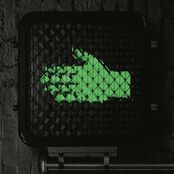 New music: In the intro, I mentioned the new album by The Raconteurs called "Help Us Stranger". This is a pretty good album, with the sort-of title track "Help Me Stranger" being quite awesome. I've listened to it a few times and I think it will grow on me. New beers: Big week for beer with four new brews this week. Well, technically three new with the fourth actually imbibed last Sunday after last week's post was posted. The beer from last week was the Volfas Engelman Premium Pilsner out of Lithuania. I quite enjoyed this one. (3.75 / 5) Then I had two beers from Banded Peak out of Calgary. The Mt. Crushmore pilsner was pretty good, but not as good as the pilsner from Volfas Engelman. (3.25 / 5). Their Plainsbreaker Hopped Wheat Ale was much better and was one of my favorite beers in the last few months. (4.0 / 5) Last on the list was the Lazy Days sour from Alley Kat. This one was made with passionfruit so it was somewhat sweet as well as quite sour. Good stuff again from Alley Kat. (3.75 / 5) A noteworthy stat from Untappd is the achievement I received for hitting Level 5 on Beer Connoiseur, meaning that I have logged in beers from 25 different countries. That means there are still have 171 countries that I have not had a beer from. It's good to have goals. New words:
Lots of reading this week, and therefore lots of new words. be·guine [bəˈɡēn] NOUN
ag·glom·er·a·tion [əˌɡläməˈrāSH(ə)n] NOUN
sa·lu·bri·ous [səˈlo͞obrēəs] ADJECTIVE
po·et·as·ter [ˈpōəˌtastər] NOUN
se·mi·ot·ics [ˌsemēˈädiks] NOUN
ful·some [ˈfo͝olsəm] ADJECTIVE
syn·co·pate [ˈsiNGkəˌpāt] VERB
cor·us·cate [ˈkôrəˌskāt, ˈkärəˌskāt] VERB literary
in·cu·nab·u·lum [ˌinkyəˈnabyələm] NOUN
de·port·ment [dəˈpôrtmənt] NOUN
a·poth·e·o·sis [əˌpäTHēˈōsəs] NOUN
an·o·dyne [ˈanəˌdīn] ADJECTIVE
pse·phol·o·gy [sēˈfäləjē] NOUN
e·lide [ēˈlīd] VERB
ma·ter [ˈmādər] NOUN BRITISH, informal, dated
pro·bi·ty [ˈprōbədē] NOUN formal
There were a few items of note this week - Podcasts, Tidal, Pencils, Beers, and a Zombie musical. Podcasts: Old guy syndrome hit with a vengeance this week, and I didn't cycle to work on Thursday or Friday. That has the nice plus of allowing me to listen to a podcast or two during the commute. I synced up the podcast app (79 episodes!) and listened to the Longform Podcast interview with Christie Aschwanden. People who excel at long form interviews are clearly underappreciated. Tidal: First, I'm back on with a streaming music plan, this time with Tidal. After the disappointment of losing my playlists, songs, and recommendations after Microsoft cancelled Groove (fka Xbox Music), I spent nearly 18 months without a streaming subscription. At first, I didn't notice the loss, but over time it became obvious that I wasn't finding new music. The last true new discovery was via my friend Trent and his recommendation of the hat-wearing, Danish blues guitarist, Thorbjørn Risager. But that was well over a year ago, and I wanted to find something to give me artists like Bombay Bicycle Club, Frightened Rabbit, and Broken Records magically appearing in my stream. I wasn't keen on Spotify after hearing Allan Cross's analysis of their business model a couple years ago, and options seemed limited beyond Google and Apple. Along comes Tidal, with an option to stream lossless FLAC level music or even MQA instead of more prosaic MP3 quality. For now, I went with a Premium (non-FLAC, non-MQA) family account and if I buy a good DAC and some better speakers for my home office, I'll probably upgrade to the HiFi (FLAC or MQA) level. Tidal Premium Family is less expensive than two yearly Groove subscriptions were, so that's a plus. The real test will be with the recommendations it gives me. After a week, it is still recommending Nicky Jam and Flume. Pencils: Ever wondered what is the difference between an HB, a 2H, and a #2 pencil? Wonder no more.  Time to change the Christmas tablecloth. Time to change the Christmas tablecloth. New beers this week: Three new beers. Two local and one from Scotland. First, Old Jake's from Alley Kat. Dry from the hallertau, a fair bit of spice, and tasty. (3.75 / 5.0) Second, Saturday brunch at Situation for huevos rancheros paired with their Clean Bite DIPA. Definitely a sipper at 8.2%. (4.0 / 5.0) Finally, Gunpowder IPA from Innis & Gunn. The Scottish brewery is still my favourite outside of Alberta. (3.75 / 5.0) Beer stats: 534 unique beers logged on Untappd, and Saturday was my fourth anniversary on Untappd. That comes out to a new beer every 2.74 days for four years. 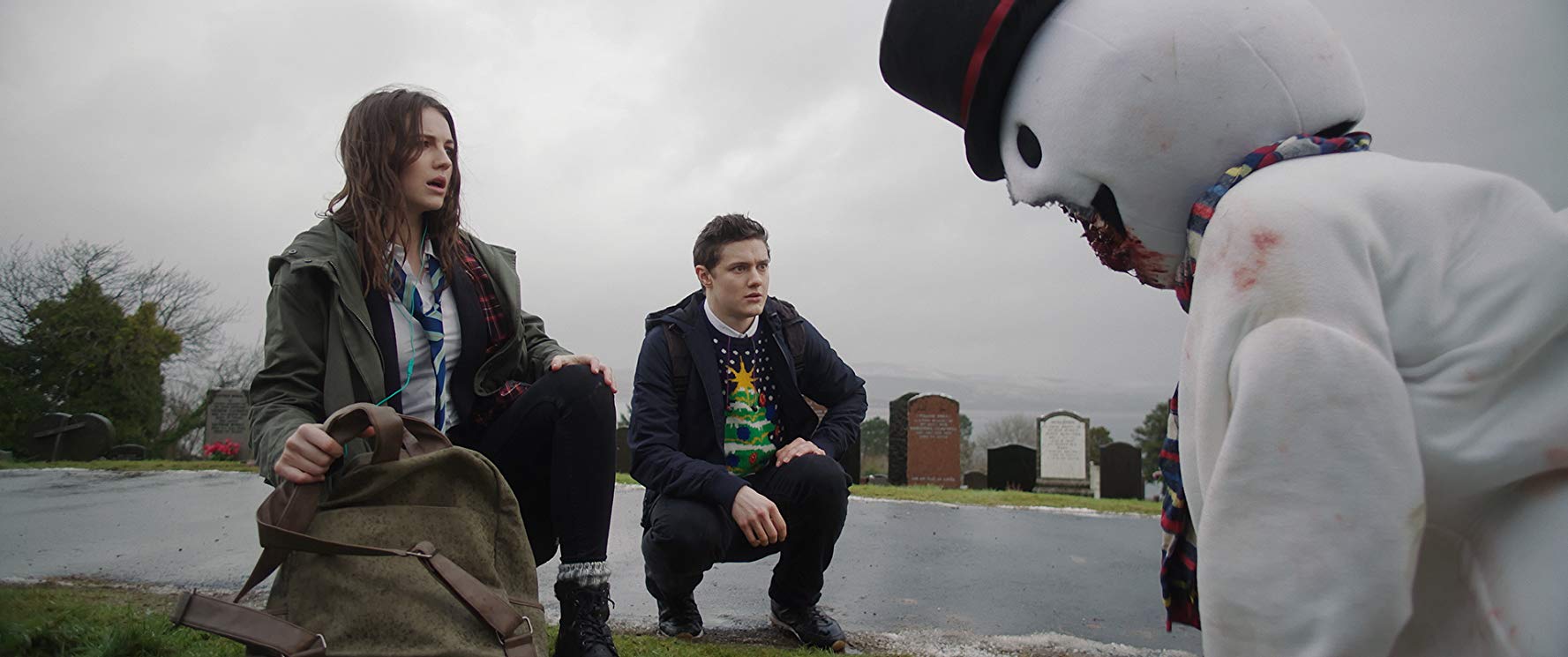 What do you mean you don't like zombie comedies? What kind of monster are you?! What do you mean you don't like zombie comedies? What kind of monster are you?! A zombie musical?: Zombie comedies are a great movie genre. Shaun of the Dead, Zombieland, and Warm Bodies immediately come to mind. With those in mind, Anna and the Apocalypse seemed like a sure bet and for the most part it was. It was a bit darker than I expected it to be, but hey, it does have "apocalypse" in the title. For some added fun, listen to the upbeat song half way through the credits. Great stuff. |
Archives
April 2022
Categories
All
|

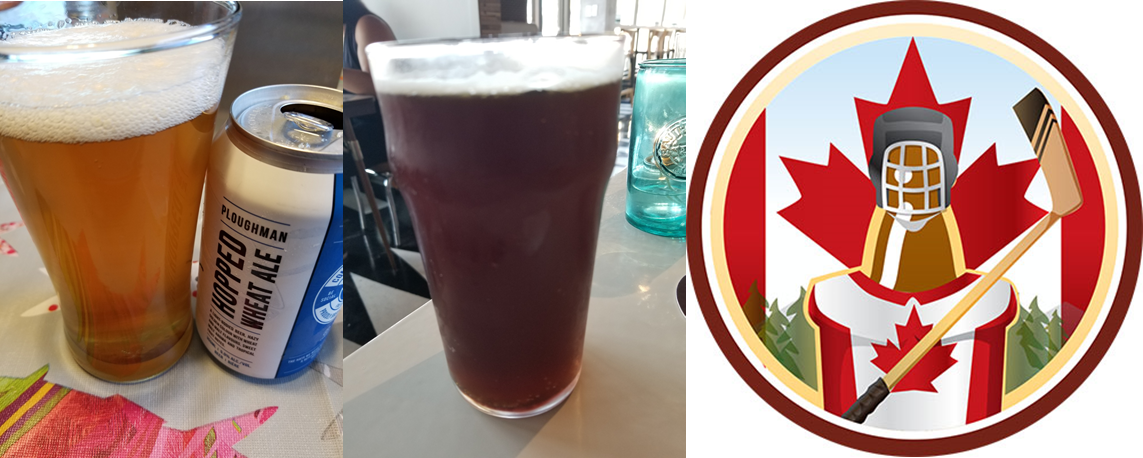





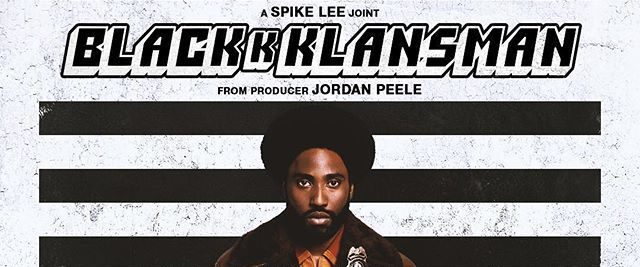
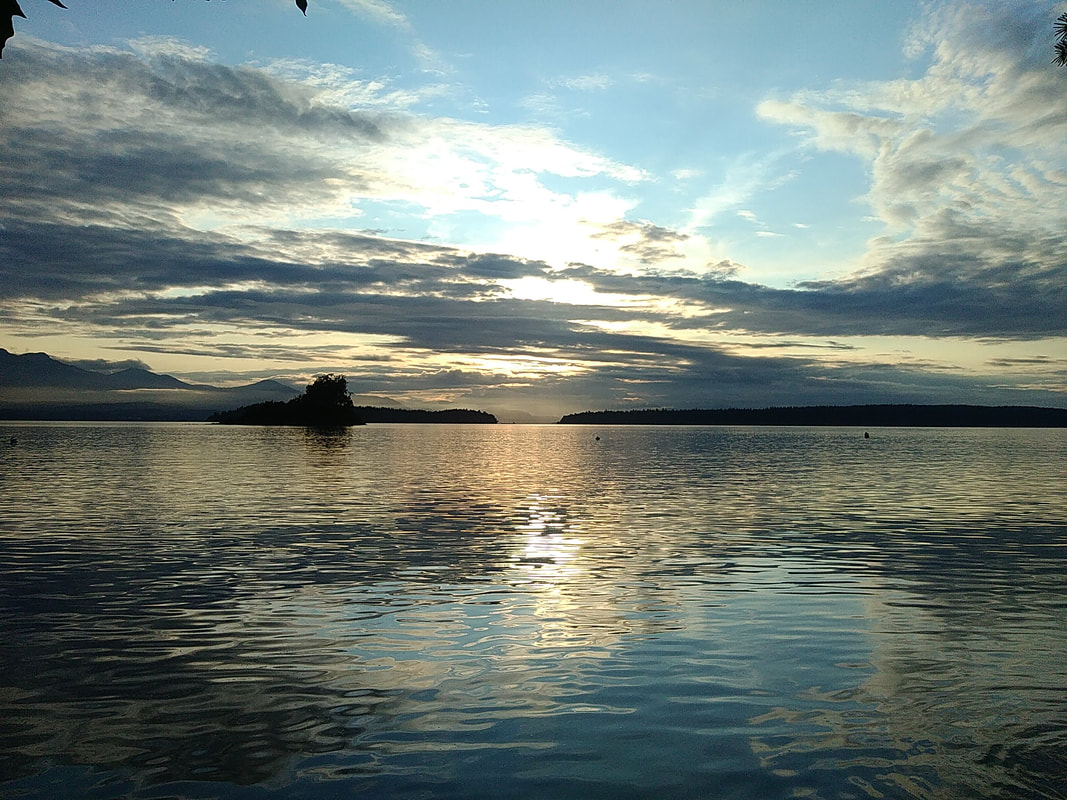
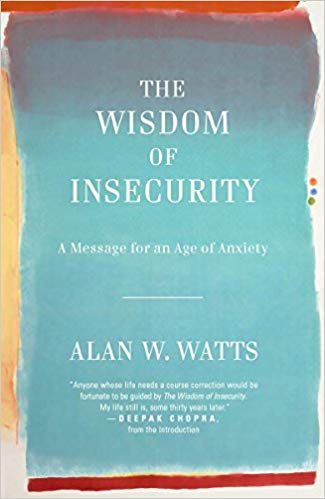
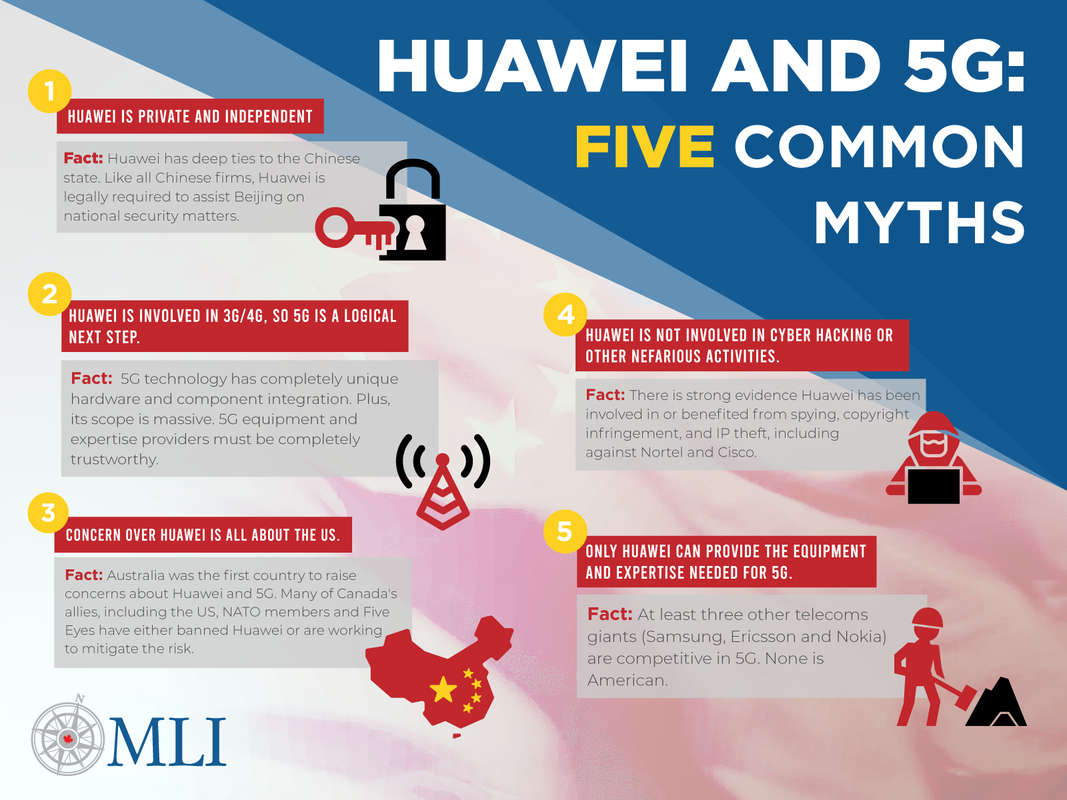
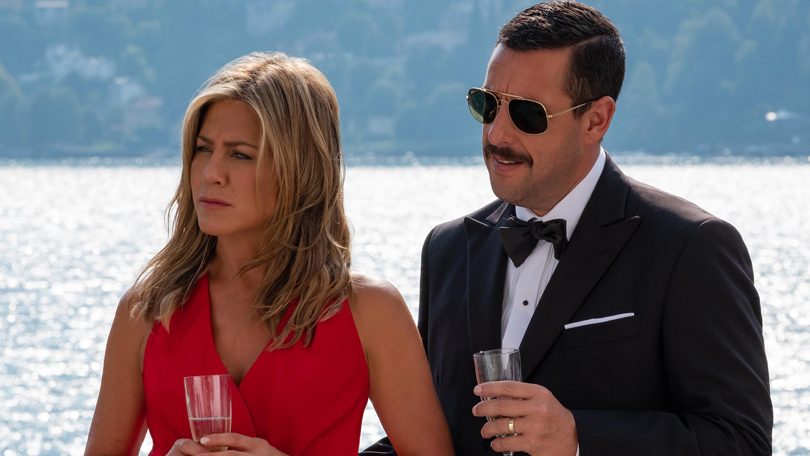

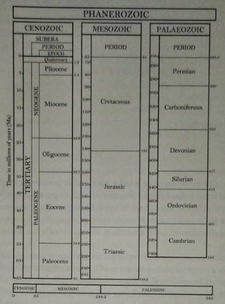

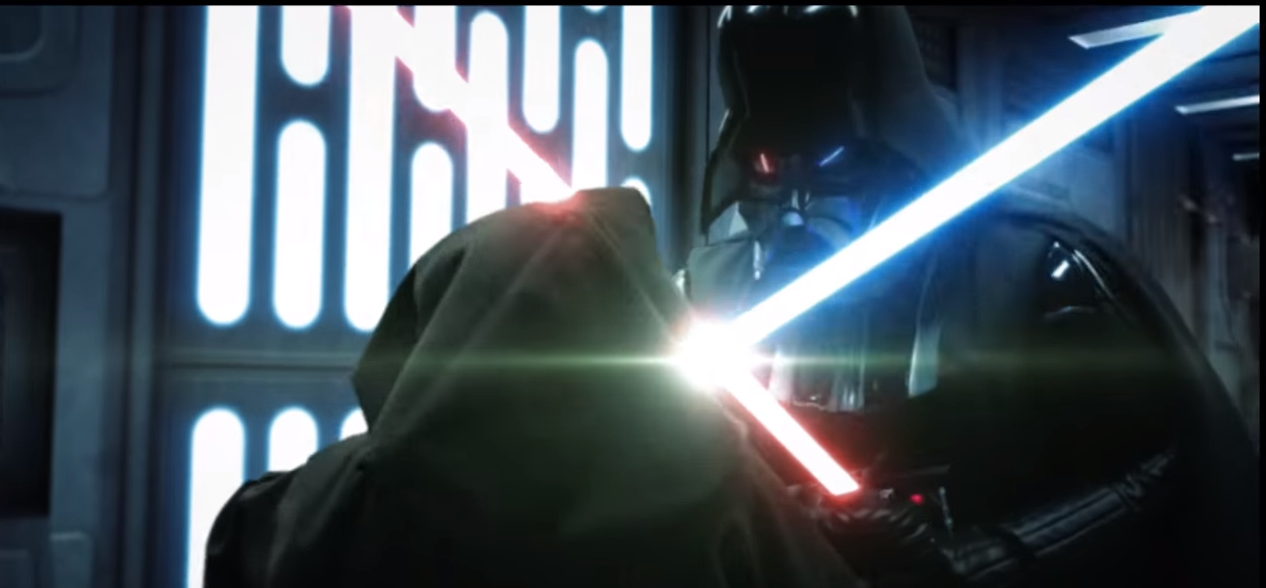

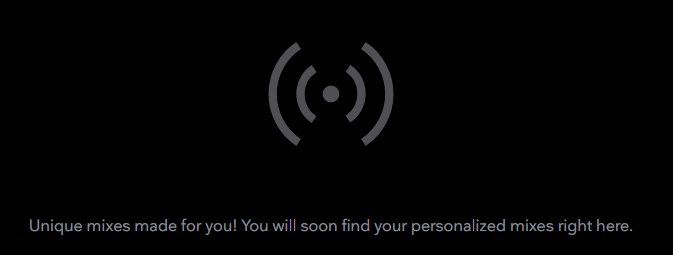

 RSS Feed
RSS Feed
